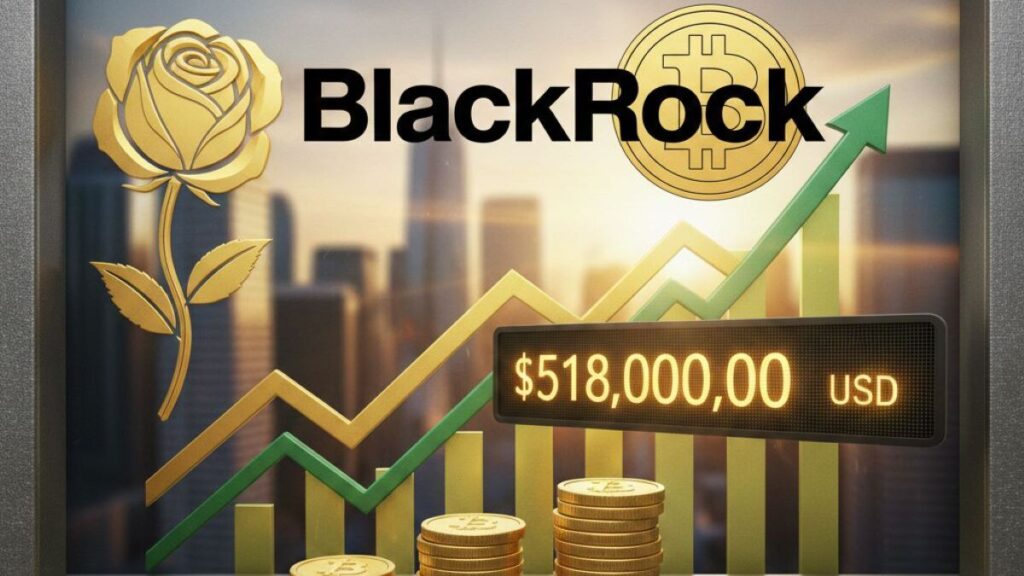TL;DR:
- Al Warda Investments (ADIC) tripled its IBIT shares from ~2.4M to nearly 8M, raising its position to $518M.
- The significant increase occurred despite Bitcoin’s dip from $120K, underscoring ADIC’s long-term commitment.
- ADIC frames Bitcoin as a “digital gold” and a core diversification asset, backing its belief in regulated ETF exposure even as other investors retreat.
Al Warda Investments, the investment arm of Abu Dhabi’s sovereign wealth structure, has more than tripled its exposure to Bitcoin by boosting its stake in BlackRock’s iShares Bitcoin Trust (IBIT) to about $518 million. The move marks a bold strategic shift, signaling deep institutional conviction in Bitcoin as a long-term store of value.
A Sovereign Bet on Bitcoin Amid Turbulent Markets
Regulatory filings reveal that Al Warda Investments, controlled by the Abu Dhabi Investment Council (ADIC), increased its IBIT holdings from roughly 2.4 million shares to nearly 8 million shares—an approximately 230% jump, now valued at $517.6 million. The timing of this move is notable: it took place just before Bitcoin retreated from an October peak above $120,000 down to under $90,000 in November. This sharp increase during volatile markets suggests the firm sees Bitcoin as a core long-term asset, rather than a speculative trade.

A spokesperson for ADIC emphasized that the fund views Bitcoin much like digital gold, part of its strategy to diversify away from more traditional holdings. Abu Dhabi’s sovereign money managers appear to be layering Bitcoin into their broader treasury approach, and IBIT is becoming a key vehicle for that exposure. This is a powerful endorsement of regulated ETF channels as a way for large institutions to access crypto without the challenges of direct custody.
The decision comes at the same time as USD-listed spot Bitcoin ETFs are experiencing turmoil. IBIT has recently suffered record single-day outflows, raising questions about investor sentiment. Yet in contrast, Al Warda’s move highlights patience and conviction, reinforcing the idea that not all institutional players are fleeing risk. Some are redoubling their commitment.
Analysts view this allocation as a broader signal of institutional maturation—sovereign funds are embracing regulated crypto exposure in addition to traditional asset classes. For the UAE, Bitcoin is no longer treated as a fringe asset. It is now a serious part of their long-term macro strategy.
By increasing its IBIT position so aggressively, Al Warda Investments is sending a clear message: this is not a speculative sidebar, but a deliberate move to anchor part of its endowment in Bitcoin. It could set the stage for other sovereign institutions to follow, particularly those looking for inflation-resistant, non-traditional stores of wealth.










